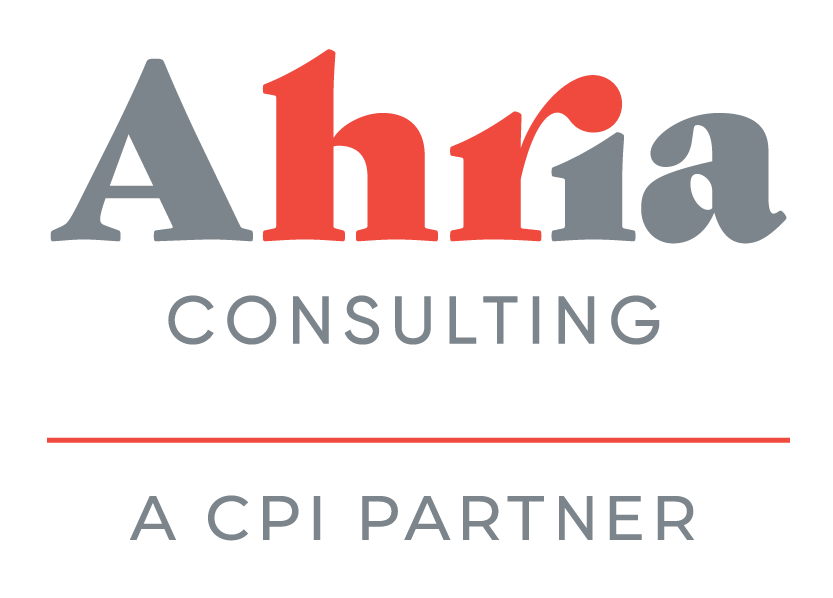The notion that AI will free us from drudgery is an attractive narrative, but some fear a different outcome
Although the tech industry for years has been claiming that innovation will lead to better conditions for workers and ultimately easier, more enjoyable work, something curious (some might say predictable) has happened with the rise of AI tools ― those tools are increasingly being seen not as tools of collaboration, but as competition.
Reacting to the recent release of OpenAI’s latest ChatGPT-4 tech, Bloomberg columnist Parmy Olson writes: “It ushers in a new era of hyper-efficiency, where professionals will have to work smarter and faster ― or perish.”
She predicts that the rise of these tools won’t replace workers (as is often feared) but rather that it will force them all to boost their output to machine-like levels, turning work into “a hyper-productive hellscape.”
It’s perhaps a bit of a dramatic way to pose a legitimate question, one that researchers have been working on as AI tools have developed in recent years. People are understandably afraid that AI will be taken simply as a tool to decrease labour costs and eliminate jobs. But it doesn’t have to play out that way.
“Never before have digital tools been so responsive to us, nor we to our tools,” wrote H. James Wilson and Paul Daugherty of Accenture back in 2018, in the early days of what would become the AI boom. “The technology’s larger impact will be in complementing and augmenting human capabilities, not replacing them.”
Bolstering their argument was research that showed that firms that implemented AI into their existing workforce (rather than trying to replace it) “achieve the most significant performance improvements when humans and machines work together.”
Ultimately though, this question is one of perception. We use the term as a catch-all pejorative for anti-technology views now, but the 19th-century English Luddites were not destroying textile machinery because they hated technology ― it was because they resented how the steam engine threw them out of work. AI and the business owners who intend to use are today at a similar crossroads — if AI is to be the productivity miracle it claims, then using it as a collaborator is in everyone’s best interest.
Content written by Kieran Delamont for Worklife, a partnership between Ahria Consulting and London Inc. To view this content in newsletter form, click here.
